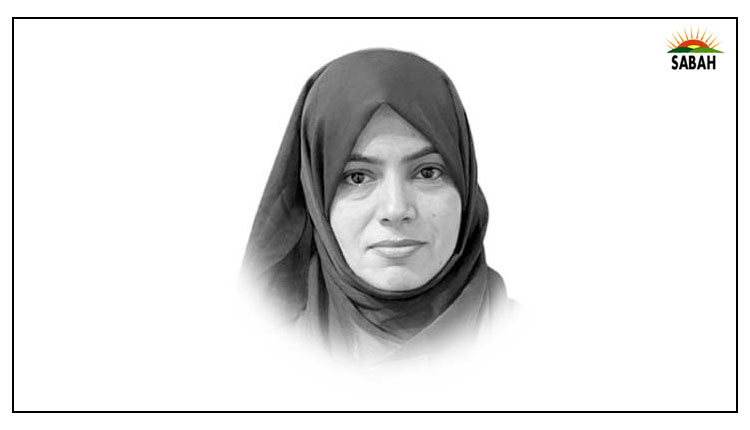Walk of Love…Saira Samo
The ‘Walk of Love’, as every disciple of Imam Hussain (AS) calls it, transcends all boundaries of faith, belief, religion and creed. Everyone is welcomed as a zair of Imam Hussain (AS). This year, as in previous years, millions will honour his sacrifice at his resting place in Karbala, Iraq, with the same passion and devotion. The journey covers 86 kilometres from Najaf to Karbala – a powerful display of faith and unity. Pilgrims, known as zaireen, walk with remarkable determination, many barefoot, undeterred by physical challenges, driven by their deep devotion to Imam Hussain (AS) and his righteous stand against the forces that distorted Islam.
Last year, approximately 21 million pilgrims gathered in Karbala for the Chehlum of Imam Husssain (AS). In 2024, zaireen are expected to surpass this number. The Chehlum, observed on 20 Safar in the Islamic Calendar, marks 40 days of mourning for the martyrs of the Battle of Karbala. The Chehlum this year falls on 26 August.
The 86-kilometre walk from Najaf to Karbala takes 3 to 4 days and is open to everyone, regardless of religion, sect or nationality. Along the route, volunteers known as ‘servants of the zaireen’ selflessly offer support, providing food, water and places to rest. Their hospitality is boundless, and they view serving the pilgrims as both an honour and a blessing.
Every zair is welcomed with deep respect and care. Homes along the way are joyfully opened to offer tea, blankets, and even mobile phone charging stations. This generosity finds the core teachings of Islam, centred on compassion and brotherhood, following the example of the Holy Prophet (SAW).
The walk is more than a religious pilgrimage; it is a powerful demonstration of Muslim unity and justice. Pilgrims from diverse sects and backgrounds come together, showing that Islam is a religion of peace, respect, and love for humanity. The scenes of solidarity and kindness on this journey counteract the negative portrayals of Islam in the media, revealing the true spirit of the faith – care, compassion and deep devotion to fellow humans.
One of the most moving aspects of the walk is the support given by those with little to offer. Many, despite not having much in terms of food or shelter, still contribute by offering words of encouragement, massaging tired feet or simply extending a helping hand. These volunteers are driven by their love for Imam Hussain (AS) and a belief that even the smallest act of kindness will bring spiritual reward.
The respect shown to the zaireen is extraordinary. The servants of the zaireen refuse payment, seeing their service as a spiritual privilege. Some even collect dust from beneath the pilgrims’ feet, treating it as a blessing. Chants of Ya Zair and Labaik Ya Hussain fill the air, creating an atmosphere of unity and devotion that deeply touches the heart.
As the pilgrims near Karbala, emotions run high. Volunteers continue to serve with the utmost dedication, offering food, water and shelter. Their hospitality is rooted in love for Imam Hussain (AS) and his loyal brother Abbas (AS). For these volunteers, serving the zaireen is a way to honour the sacrifices of Imam Hussain (AS) and his brother Hazrat Abbas (AS), the flag-bearer of Karbala.
The walk begins in Najaf at the resting place of Imam Ali (AS) and ends in Karbala with the ziarat of Hazrat Abbas (AS) and Imam Hussain (AS). After prayers and supplications, pilgrims depart, often in tears, with hopes of returning the following year.
This sacred love is a strong reminder of the great sacrifice of Imam Hussain (AS). It’s not just a test of physical endurance but also a journey of the spirit and faith. It teaches Muslims to stand up for justice, truth and the values of Islam, just as Imam Hussain (AS) did. His sacrifice inspires millions and reminds them that they have to stay true to Islam’s teachings – a faith based on love, respect, and caring for humanity.
Courtesy The Express Tribune












